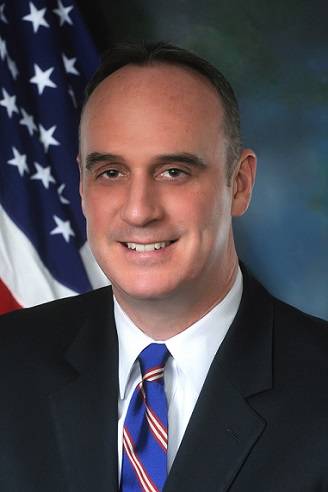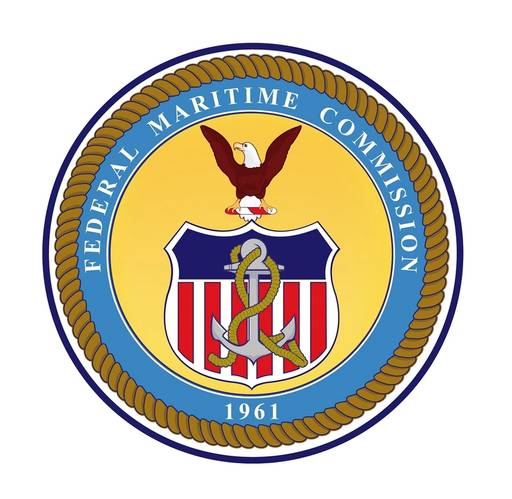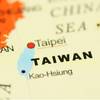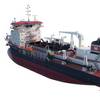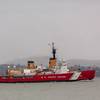FMC Commissioner Doyle on P3 Final Decision
U.S. Federal Maritime Commissioner William P. Doyle issued the following statement regarding China’s decision on the proposed P3 Network:
The People’s Republic of China has rejected the P3 Vessel Network Sharing Alliance based on the competition concerns in the Asia-Europe shipping market. The U.S. Federal Maritime Commission had the responsibility to review the P3 Parties’ submission for their vessel network sharing alliance on the Trans-Pacific and Trans-Atlantic trade routes. The Commission did not have jurisdiction over the Asia-Europe service route; therefore, the FMC did not issue a decision with respect to that route.
Based on the Commission’s review, the proposed P3 Network would have average trade shares of 23 percent in the Asia/North America trade and 23 percent in the Europe/North America trade. The Commission sought and received from the P3 Parties amended language that would protect small businesses, marine terminal operators, bunker operators, tugs and other small businesses and third parties. Thus, the P3 Parties would be required to negotiate independently and enter into separate contracts with the third parties. In addition, the P3 agreement activities would be subject to a special monitoring program intended to provide an early warning system to detect capacity issues and market problems.
Based on all available information, the Ministry of Commerce of the People’s Republic of China held fast to a 30 percent market share threshold for controlling a trade route. In its review, China’s Ministry of Commerce found that the P3 Network would control up to 47 percent of the container business on the Asia-Europe service route. Thus, China rejected the container shipping alliance proposal based on their competition concerns in the Asia-Europe shipping market.
The Federal Maritime Commission (FMC) noted the decision announced by its Chinese regulatory counterpart, the Ministry of Commerce (MOFCOM), with regard to the P3 Network Vessel Sharing Agreement. The agreement between A. P. Moller-Maersk A/S, CMA CGM S.A., and MSC Mediterranean Shipping Company, S.A. would have authorized the parties to share vessels and engage in related cooperative operating activities in the trades between the U.S. and Asia, North Europe, and the Mediterranean.
In March 2014, the FMC concluded extensive review of the Trans-Pacific and Trans-Atlantic effects of the P3 Agreement and determined that the agreement was not likely at that time, by a reduction in competition, to produce an unreasonable increase in transportation cost or an unreasonable reduction in transportation service under section 6(g) of the Shipping Act. P3 Agreement parties would have been subject to specifically tailored monitoring reports to ensure compliance with the Shipping Act once the agreement became operational. The Commission’s decision remains in effect absent a withdrawal of the agreement by the parties.
"Ocean carrier vessel space alliances offer the potential benefit of cost savings and environmental efficiencies that come from coordinated deployment of newer, larger vessels. The FMC, in evaluating such agreements, will continue to balance those benefits with the potential harm from a concentration of decision-making power in terms of port coverage, sailing schedules, and necessary trade lane capacity," stated Chairman Cordero.
fmc.gov





